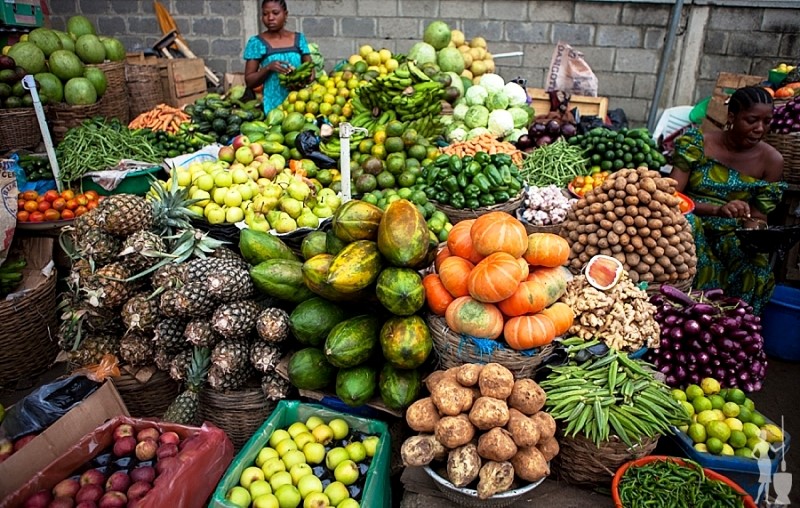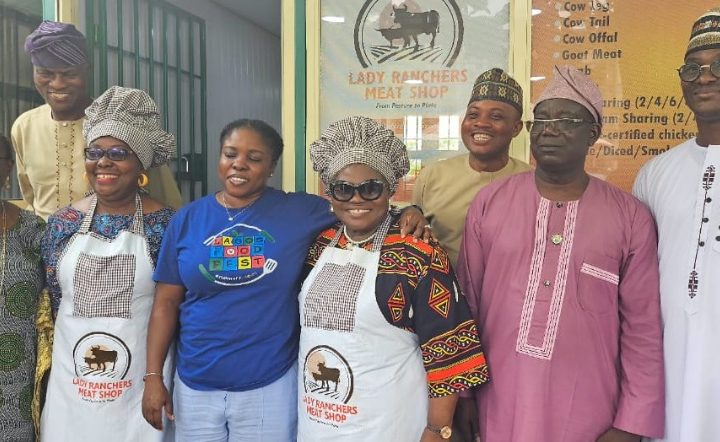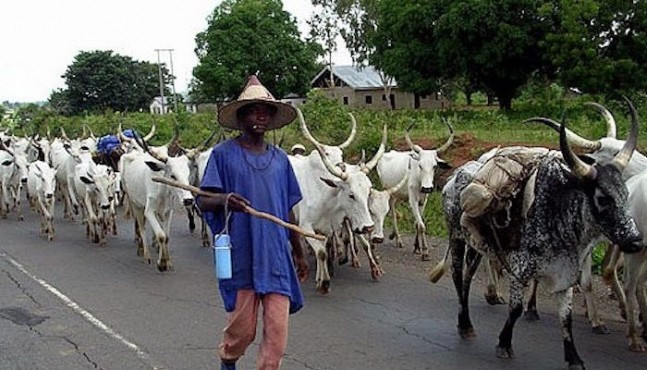Tackling the current inflation and other challenges of food security in Nigeria is in top priority list of the Federal Government.
This was disclosed by Vice President Yemi Osinbajo, who spoke virtually yesterday at the preparatory meeting of the United Nations Food Systems Summit 2021.
Join our WhatsApp ChannelHe stressed the government’s commitment towards addressing the factors of food insecurity such as food inflation, changing consumption patterns and climate change, among others.
The Vice-President said, “At the same time, and as an outcome of 40 different food system dialogues in which up to 5,000 people participated, Nigeria is prioritising investments in specific innovations and technologies to scale up and transform food systems.
“These actions complement existing development plans and sectoral strategies such as our Economic Recovery and Growth Plan (ERGP), the National Policy on Food and Nutrition, and the National Policy on Food Safety.”
He highlighted that transforming African food system is an obvious task requiring the active mobilisation and prioritisation of both public and private investments.
The vice-president said this explained the resolve of the federal government in complementing existing development plans, sectoral strategies, and prioritising investments in specific innovations and technologies to transform food systems in the country.
Osinbajo noted that the specific aim of the recently launched National Poverty Reduction with Growth Strategy was to address hunger, malnutrition and poverty as part of the present administration’s target of lifting 100 million Nigerians out of poverty within a decade.

The VP explained that at the heart of Nigeria’s post-COVID-19 response is the Economic Sustainability Plan, adding that the plan has a major component, which is the Agriculture for Food and Jobs Programme (AFJP), which seeks to leverage on suitable technologies to build a resilient food system for Nigeria.
The vice-president said: “Our nutrition policy addresses the issues of sustainable and nutrition-sensitive food systems, and the country has prioritised key nutrition actions that are impactful, cost-effective, scalable and sustainable. “An integral part of our food systems’ transformation strategy is to create an enabling and supportive environment to implement these policies in a participatory manner involving farmers, investors and state governments.”
He assured Nigerians of significant improvements in crop yields, affordable and healthy diets among others.
On initiatives that support Africa and other developing countries, Osinbajo cited Nigeria and several other African countries as examples of nations whose population growth exceeds growth in national income and food supply, and would not meet the needs of the people, especially when distribution systems are inequitable.
The VP said: “Post-harvest losses in Africa, and particularly in Nigeria, are more than 20 percent of production for several food groups. And this is due mainly to poor storage, poor rural infrastructure and non-automation of food processing among other things.
“The situation in many African countries is being given increased urgency with the impact of the COVID-19 pandemic, which has led to growing levels of acute food insecurity. This is of great concern to all of us, especially if we recall that prior to the pandemic, the prevalence of severe food insecurity was as high as 22 percent.”
The pre-summit is a prelude to the culminating global event scheduled for Rome in Italy in September 2021, an event the vice-president described as crucial just as the previous dialogues held in several countries on food systems.
Speaking earlier, the United Nations Deputy Secretary-General, Amina Mohammed, while acknowledging the food security efforts of Nigeria, said: “Let me commend the effort of my home country, Nigeria, especially the vice-president, for leading six ministers, including the Minister of Finance, in the dialogues and other efforts aimed at building sustainable food systems in the country.
“Food unites us all as families, as communities, as cultures and as humanity; now let’s use it to unite around the urgency and the actions that are needed to transform our world by 2030.”
She submitted that the summit is designed to guide national governments and other stakeholders looking to leverage their food systems to support the SDGs, noting that food systems play a central role in building a fairer and more sustainable world.



















Follow Us